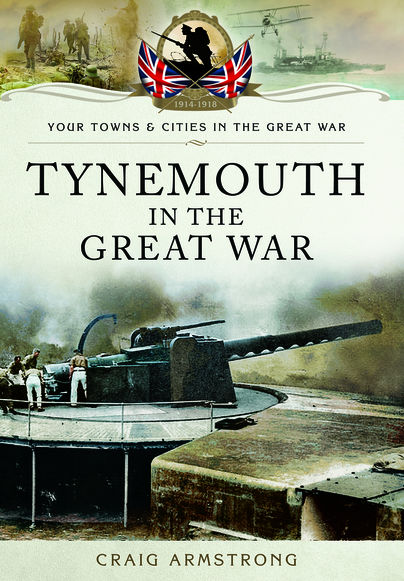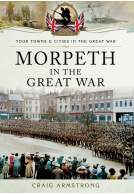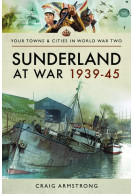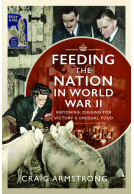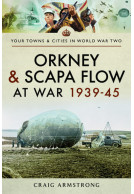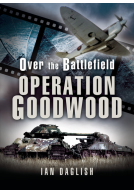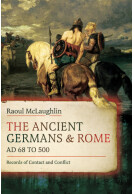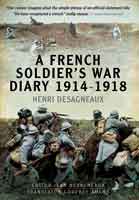Tynemouth and Wallsend at War 1939–45 (Paperback)
Imprint: Pen & Sword Military
Series: Your Towns & Cities in World War Two
Pages: 136
Illustrations: 50
ISBN: 9781473867543
Published: 19th March 2018
(click here for international delivery rates)
Need a currency converter? Check XE.com for live rates
| Other formats available | Price |
|---|---|
| Tynemouth and Wallsend at War… eBook (15.2 MB) Add to Basket | £6.99 |
Tynemouth and Wallsend were key communities in the national war effort despite their relatively small size. Located on the key East Coast they played a significant military and civil role in the war. Tynemouth was situated at the key entry to the strategically important River Tyne and was well defended against enemy attack with several forts and other measures in place. The scenic seaside town saw a large military build-up with several different army and naval units rotating through the area to man defences and to train whilst the local Home Guard unit was voted one of the best in the country and was asked to give a radio broadcast on its methods (despite some comic accidents along the way).
Wallsend, a largely urban industrial community, was home to key wartime industries with its shipbuilding yards (including Swan Hunters) building and repairing huge numbers of vessels, both naval and merchant, throughout the war. This made the town a significant target for the Luftwaffe and several determined raids were made which inflicted heavy casualties, especially during 1941.
The area also hosted a large number of heavy and light industrial works which made significant contributions to the war effort. The fishermen of the North Shields fishing fleet also played a dangerous role during the war (many, including one of the author’s grandfathers served in the Royal Naval Reserve) when supplying fresh fish, already a dangerous task, to a near-starving wartime population was made more dangerous through enemy action.
The book also looks at the considerable contribution made by the men and women who volunteered for the ARP and Civil Defence Services. The heavy raids resulted in great loss of life, including the most deadly single attack outside of London when over 100 people were killed when a North Shields shelter took a direct hit in 1941, and the men and women of the emergency services were faced with horrifying scenes (the author’s other grandfather was a regular fireman and ambulanceman who had a particularly lucky escape when his fire engine was blown into a shell crater during a raid) which they had to overcome and work through.
No member of the community was left untouched by the war whether they were evacuees (the author’s father was one of them), workers, servicemen or just civilians struggling to maintain a home in wartime Britain.
A straightforward chronological account of the war as it affected two communities in NE England. Both are shipbuilding towns and were bombed heavily in 1940-41. The material is drawn mostly from local newspapers, an indiscriminate mix of the tragic, the trivial and the banal, reminding us that the small things of life go on alongside the great events.
Historical Novels Review
Article: 'Tome looks at towns in the war' as featured by
News Guardian (Whitley), 5th April 2018
About Dr Craig Armstrong
Born and bred in Northumberland, Dr Craig Armstrong is an experienced historian,with a special interest in the history of the North East of England and Scotland. He works as a freelance author and has taught history at both Newcastle University and Northumbria University.
Tynemouth in the Great War (Paperback)
Tynemouth Borough, which included the towns of Tynemouth and North Shields, was an area of strategic value to the national war effort as it contained the mouth of the river Tyne and was the entry point to the most important munitions centre in Britain. Industry upriver included the manufacture of munitions, armaments, and military and civilian ships, whilst the port of Tyne was one of the busiest in the country with its internationally important coal export industry. Away from its industrial importance the area was also a hotbed of military recruitment. In common with the rest of the north east,…
By Dr Craig ArmstrongClick here to buy both titles for £29.98








